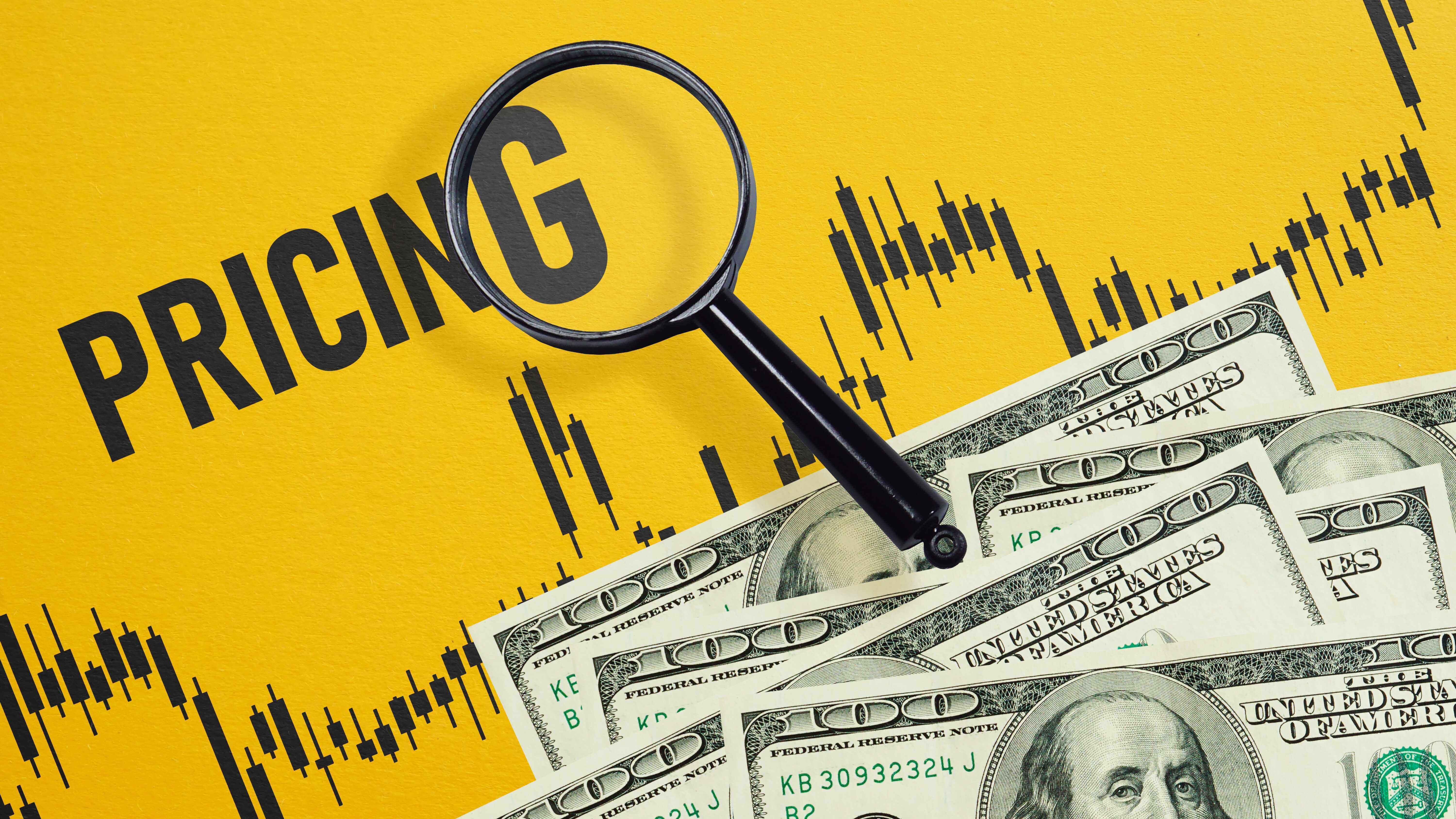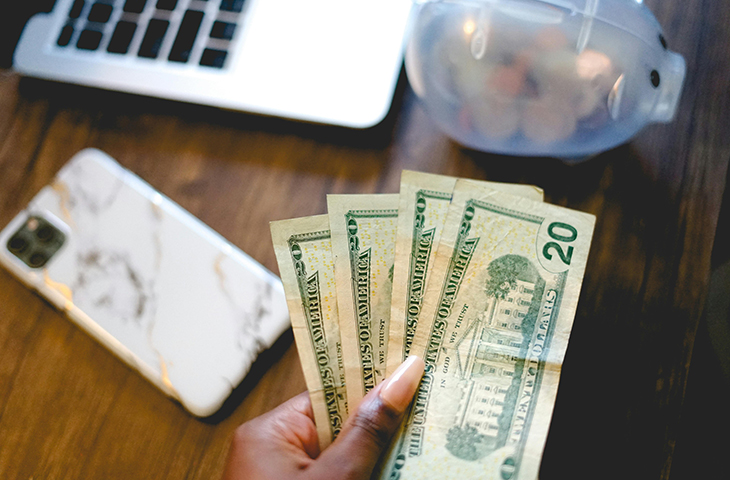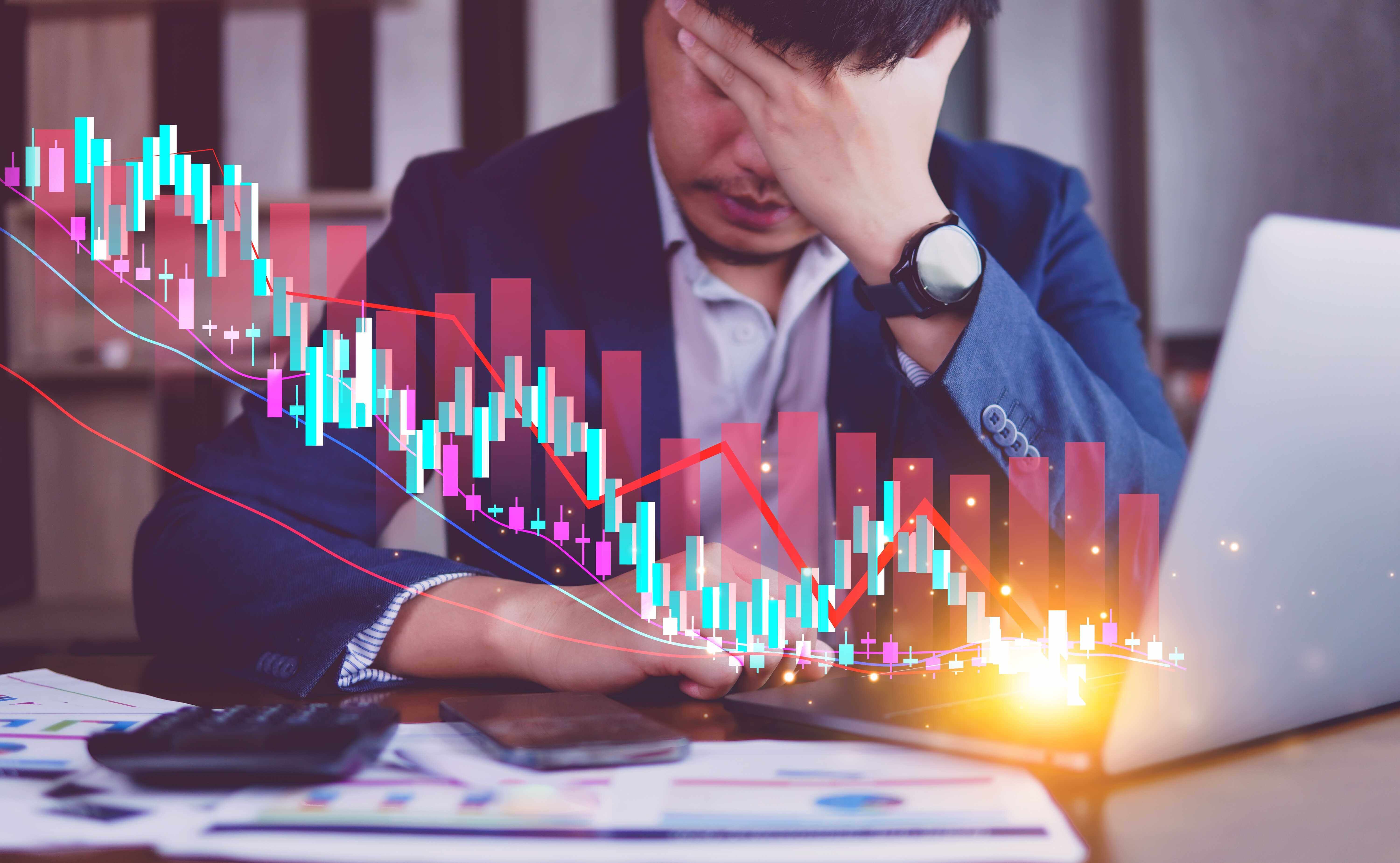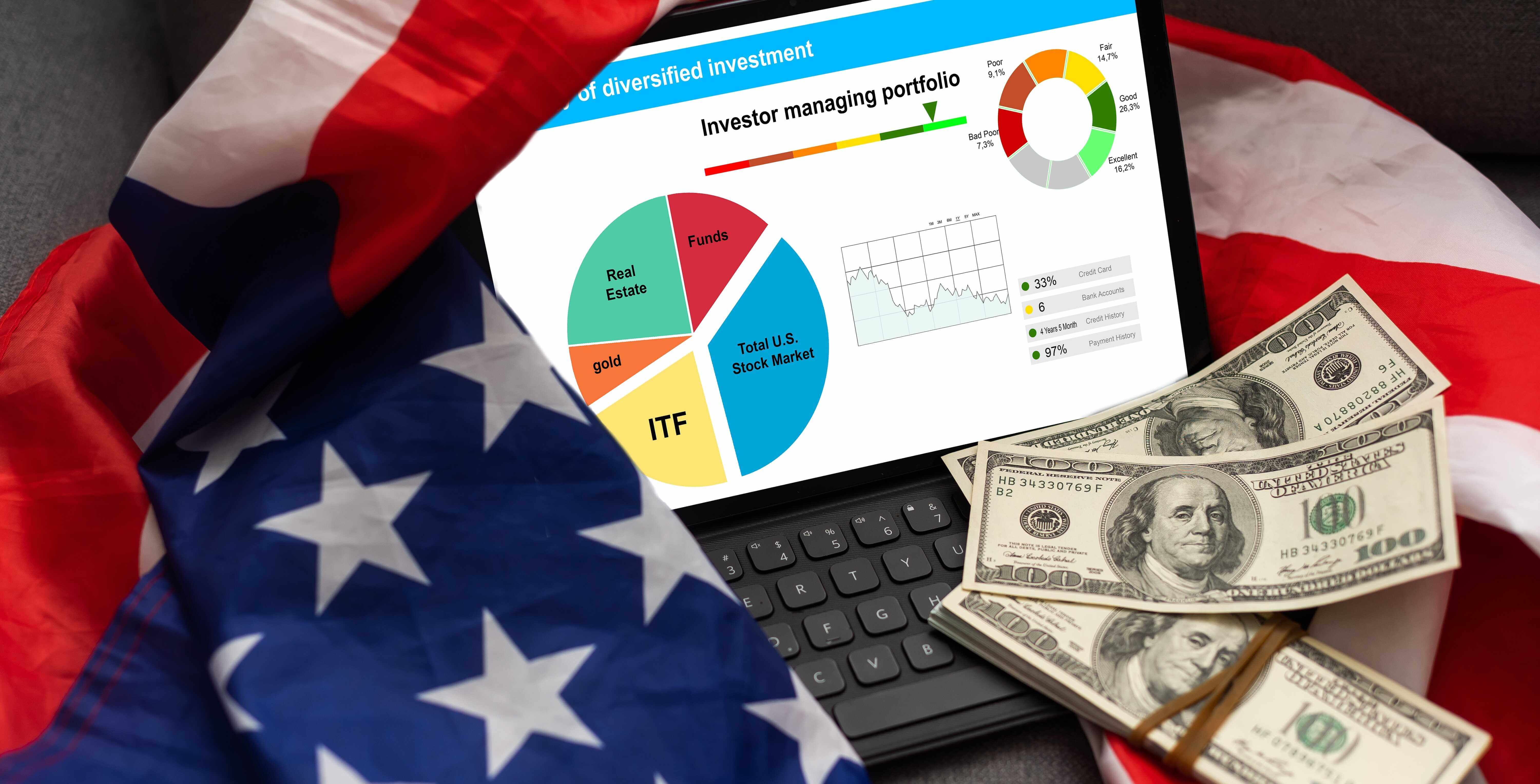Could Donald Trump Make Eli Lilly Stock A No-brainer Buy In 2025?

Eli Lilly (NYSE: LLY) began a roll in late 2020 that lasted almost four years. During that time, it became the world's largest healthcare company, with a market cap that topped $860 billion at one point.
However, note the caveats used to describe Lilly's big run: "almost" and "at one point." Over the last eight weeks, the big pharma stock has pulled back significantly. This decline includes a sell-off earlier this week after Lilly cut its 2024 revenue guidance due to lower-than-expected demand for its obesity and diabetes drugs.
Start Your Mornings Smarter! Wake up with Breakfast news in your inbox every market day. Sign Up For Free »
The drugmaker might soon get some help, though, from a perhaps surprising source. Could Donald Trump make Eli Lilly stock a no-brainer buy in 2025?
Trump's tariffs
One of Trump's primary pledges during the presidential campaign was to impose steep tariffs on products imported to the U.S. The first Trump administration also put higher tariffs in place on some Chinese imports, but those efforts were small compared to what the president-elect wants to do in his second term.
Trump referred to himself as "Tariff Man" during the campaign. He wants tariffs of at least 10% and up to 20% on all imports. Earlier this week, Trump posted on Truth Social that he planned to create an "External Revenue Service" to collect tariffs. This responsibility is currently handled by an existing federal agency, U.S. Customs and Border Protection.
Image source: Official White House photo by Shealah Craighead.
The president-elect has singled out some countries for even higher tariffs. For example, he proposed 25% tariffs on imports from Canada and Mexico, the two biggest trading partners of the U.S. Trump floated a 60% tariff on products imported from China. He has also promised to impose "very high" tariffs on Denmark if it doesn't sell Greenland to the U.S.
Tariffs cause the prices of imported products to rise. The higher the tariff, the higher the price increase. Product manufacturers in other countries or importers in the U.S. sometimes might absorb some of the higher costs. However, that's the exception rather than the rule. Usually, the higher prices due to tariffs are passed along to consumers.
Something golden in Denmark
What do Trump's tariffs have to do with Eli Lilly? Novo Nordisk (NYSE: NVO) is based in Denmark, which is one of the countries on Trump's list for especially high tariffs.
Novo Nordisk's type 2 diabetes drug, Ozempic, is the main competition for Lilly's Mounjaro. Novo's obesity drug, Wegovy, is the top rival to Lilly's Zepbound. Semaglutide, the active ingredient in Ozempic and Wegovy, is primarily manufactured in Denmark, although Novo Nordisk has some manufacturing capacity in Clayton, North Carolina. It's likely, therefore, that steep tariffs on products imported to the U.S. from Denmark would cause the prices of Ozempic and Wegovy to rise.
Trump's threat seemed to rattle Novo's management somewhat. The company released a statement to media organizations that said, "We will follow the situation closely. The geopolitical landscape in today's world is very dynamic, and we remain focused on our commitment to deliver lifesaving medicines to the patients we serve." However, the company wouldn't comment on any hypothetical impact on the prices of its drugs if the U.S. imposed tariffs on products imported from Denmark.
Any price increase for Ozempic and Wegovy could help Lilly. The company would likely see the demand for Mounjaro and Zepbound increase, especially if insurers begin directing their members to Lilly's products to lower their costs.
Is Lilly a no-brainer stock to buy in 2025?
So, will Trump make Lilly a no-brainer stock to buy this year? If we consulted a Magic 8 Ball, the answer would probably be, "Ask again later."
No tariffs have been implemented yet. We don't know if Trump will carry out his threat related to Denmark. It's uncertain if his policies will lead to a broader trade war that hurts both Novo Nordisk and Lilly.
However, while there are many unknowns right now, there are plenty of reasons to be optimistic about Lilly. Sales for Mounjaro and Zepbound should continue to grow. Lilly could launch another obesity drug, weight-loss pill orforglipron, in early 2026. Its new Alzheimer's disease drug, Kisunla, should gain momentum.
Trump's tariffs may or may not make Lilly a no-brainer stock in 2025. Still, I think it's a great stock to buy no matter what happens politically.
Don’t miss this second chance at a potentially lucrative opportunity
Ever feel like you missed the boat in buying the most successful stocks? Then you’ll want to hear this.
On rare occasions, our expert team of analysts issues a “Double Down” stock recommendation for companies that they think are about to pop. If you’re worried you’ve already missed your chance to invest, now is the best time to buy before it’s too late. And the numbers speak for themselves:
- Nvidia: if you invested $1,000 when we doubled down in 2009, you’d have $353,272!*
- Apple: if you invested $1,000 when we doubled down in 2008, you’d have $45,049!*
- Netflix: if you invested $1,000 when we doubled down in 2004, you’d have $457,459!*
Right now, we’re issuing “Double Down” alerts for three incredible companies, and there may not be another chance like this anytime soon.
*Stock Advisor returns as of January 13, 2025
Keith Speights has no position in any of the stocks mentioned. The Motley Fool recommends Novo Nordisk. The Motley Fool has a disclosure policy.


